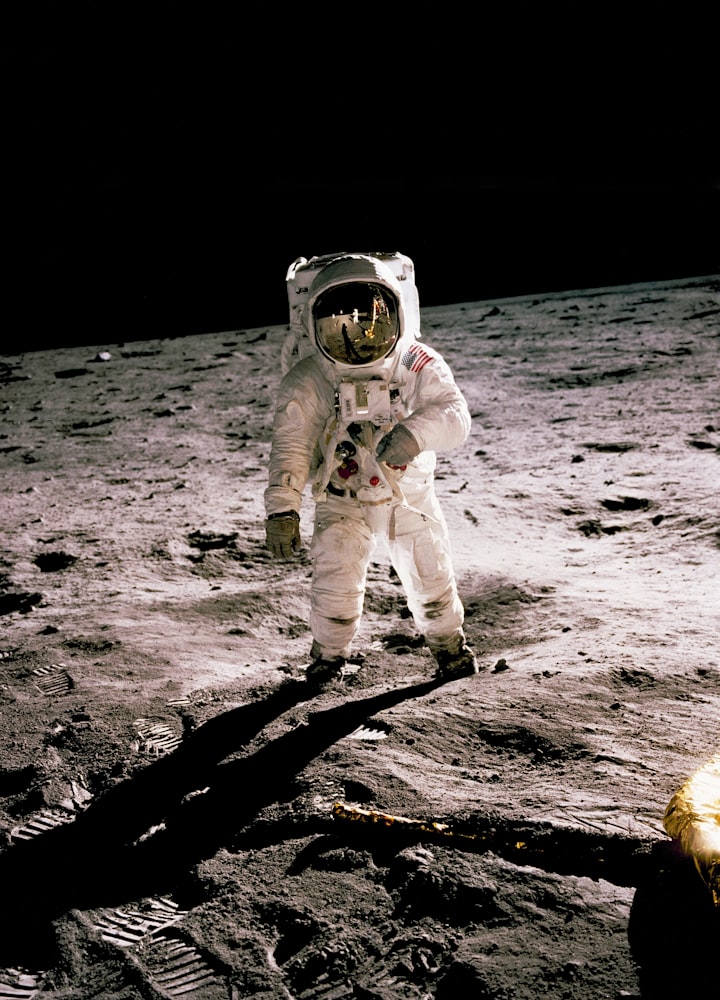
Why does the moon exist?
Why is the moon important to Earth?
Why did humans go to the moon?
Why is the moon called the moon?
If you are asking about something else, please clarify and I will try my best to answer your question.
If you are asking why the moon exists, the most widely accepted theory is the giant-impact theory. This theory states that the moon formed after a Mars-sized object collided with Earth early in its history. The impact ejected a large amount of material into space, which eventually coalesced to form the moon.
If you are asking why the moon is important to Earth, the moon has a number of important effects on our planet. These include:
Stabilizing Earth's rotation: The moon's gravity helps to stabilize Earth's rotation, which helps to keep our climate relatively constant.
Causing tides: The moon's gravity also causes the tides, which are the regular rise and fall of the ocean's surface. Tides are important for many marine organisms.
Protecting Earth from asteroids: The moon's gravity helps to deflect asteroids that come too close to Earth. This helps to protect our planet from asteroid impacts.
Providing a resource for future space exploration: The moon is a potential resource for future space exploration. It is a source of water, oxygen, and other materials that could be used to support human missions to other planets.
A place to learn about our origins: The moon is a place where we can learn more about our origins and the history of our solar system. The moon's rocks contain a record of the early solar system, and they can help us to understand how our planet formed and evolved.If you are asking about something else, please clarify and I will try my best to answer your question.
If you are asking why the moon exists, the most widely accepted theory is the giant-impact theory. This theory states that the moon formed after a Mars-sized object collided with Earth early in its history. The impact ejected a large amount of material into space, which eventually coalesced to form the moon.
If you are asking why the moon is important to Earth, the moon has a number of important effects on our planet. These include:
Stabilizing Earth's rotation: The moon's gravity helps to stabilize Earth's rotation, which helps to keep our climate relatively constant.
Causing tides: The moon's gravity also causes the tides, which are the regular rise and fall of the ocean's surface. Tides are important for many marine organisms.
Protecting Earth from asteroids: The moon's gravity helps to deflect asteroids that come too close to Earth. This helps to protect our planet from asteroid impacts.
Providing a resource for future space exploration: The moon is a potential resource for future space exploration. It is a source of water, oxygen, and other materials that could be used to support human missions to other planets.
A place to learn about our origins: The moon is a place where we can learn more about our origins and the history of our solar system. The moon's rocks contain a record of the early solar system, and they can help us to understand how our planet formed and evolved.If you are asking about something else, please clarify and I will try my best to answer your question.
If you are asking why the moon exists, the most widely accepted theory is the giant-impact theory. This theory states that the moon formed after a Mars-sized object collided with Earth early in its history. The impact ejected a large amount of material into space, which eventually coalesced to form the moon.
If you are asking why the moon is important to Earth, the moon has a number of important effects on our planet. These include:
Stabilizing Earth's rotation: The moon's gravity helps to stabilize Earth's rotation, which helps to keep our climate relatively constant.
Causing tides: The moon's gravity also causes the tides, which are the regular rise and fall of the ocean's surface. Tides are important for many marine organisms.
Protecting Earth from asteroids: The moon's gravity helps to deflect asteroids that come too close to Earth. This helps to protect our planet from asteroid impacts.
Providing a resource for future space exploration: The moon is a potential resource for future space exploration. It is a source of water, oxygen, and other materials that could be used to support human missions to other planets.
A place to learn about our origins: The moon is a place where we can learn more about our origins and the history of our solar system. The moon's rocks contain a record of the early solar system, and they can help us to understand how our planet formed and evolved.





Comments (1)
Hello, AI is permitted on Vocal. It is a Vocal policy that content created with AI is identified as such at the start of the story/article. Your article/story has many hallmarks of AI-assisted/generated content. You can find the details of the Vocal policy here: https://vocal.media/resources/an-update-from-vocal-on-ai-generated-content, Please amend your piece to be in compliance. If you are not a Vocal+ member you will need to contact Vocal here ([email protected]) and ask them to edit your story/article/poem for you. If you don’t correct this the content may be removed by Vocal and/or you may be deleted from the platform.